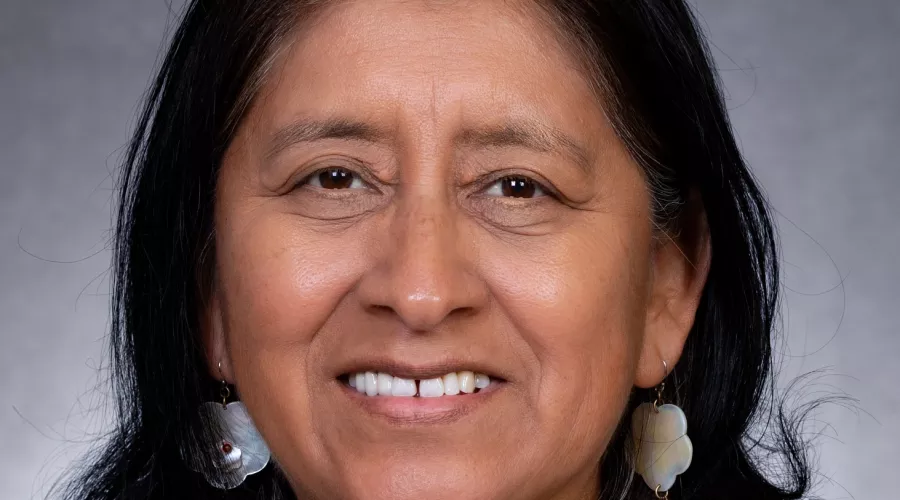Interdisciplinary and Public Humanities Professor's Children's Books Reach Indigenous Communities in Nepal
October 2, 2025
Children's books created by Hilaria Cruz, associate professor in the Interdisciplinary and Public Humanities Department, have been translated into Indigenous languages of Nepal and distributed to a remote mountain village.
The books were developed in collaboration with students from the University of Louisville and Dartmouth College.
From Chatino Communities to Global Impact
Originally designed for Chatino communities, these Creative Commons-licensed educational resources have expanded to serve Indigenous language communities worldwide, including speakers of Ojibwe, Hupa, Mixtec, Triqui, and Zapotec.
A Message from the Field
Marieke Meelen, Associate Professor in Historical Linguistics at the University of Cambridge and Fellow at Trinity Hall, recently delivered printed copies to educators and children in Nepal. In her message to Cruz, she wrote:
"We finally got the opportunity to go back to the village in Nepal and bring the printed books. I told them about your work on the illustrations and how wonderful you and your collaborators are for making these available open access—they loved it. Thank you so much for letting us use this. We may try to create another one in the future, and if so, I'll get in touch to discuss it with you again.”
Bridging Digital Access and Remote Communities
Through partnership with Ekstrom Library's ThinkIR platform, the books have achieved remarkable global reach, with downloads recorded across 18 countries. The digital accessibility has attracted diverse users—from public and university libraries to hospitals and individual educators. Meanwhile, the Nepal distribution demonstrates how digital resources can bridge to physical communities, delivering printed copies directly to village teachers and children who celebrated learning about the collaborative illustrations and open-access philosophy behind the project.
Educational Impact Beyond Borders
This initiative exemplifies how academic projects can generate meaningful contributions to language revitalization efforts while providing students invaluable hands-on experience in creative writing, project management, and cross-cultural collaboration. The project's success in supporting endangered languages globally demonstrates the power of open-access educational resources to transcend geographical and institutional boundaries.
Related News




